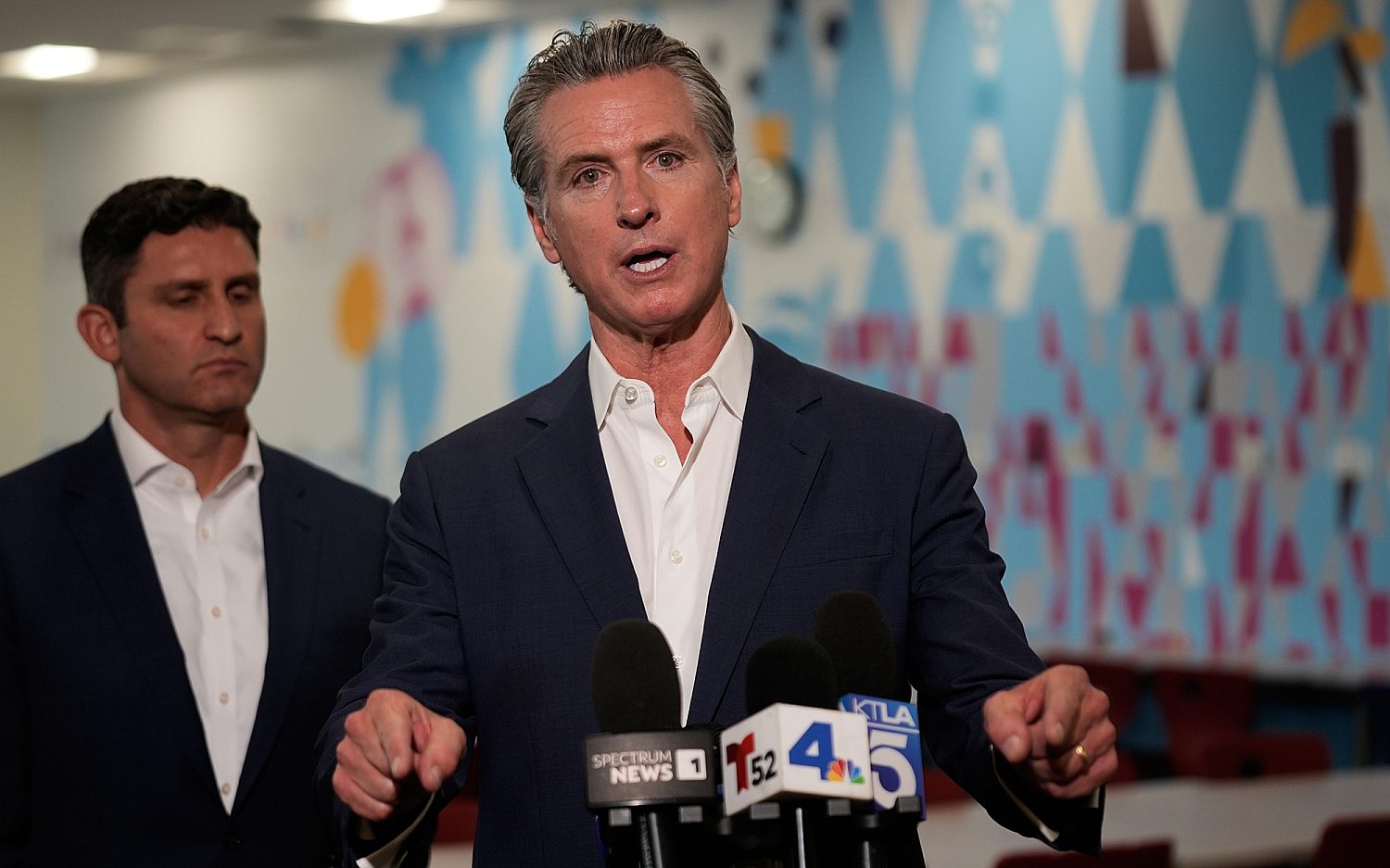New York's trial
With the 9/11 plotters coming to the city, the challenges begin again
Mayor Michael Bloomberg may be rethinking his decision not to run for the presidency in mid-2007 and instead to seek another term running New York City, which he won two weeks ago. With the Obama administration's decision to move the trial of 9/11 plotters Khalid Sheikh Mohammed and four others to lower Manhattan, the mayor's job just became one of the most challenging in the country.
It will be at least weeks and perhaps months before the detainees are transferred from Guantanamo to the Manhattan Detention Center to await a criminal trial at a federal courthouse barely three blocks from where the World Trade Center's twin towers once stood. But already law enforcement and the nation's leading attorneys are weighing in on what are likely to become the trials of the century.
Attorney General Eric Holder announced the decision on Friday to try the 9/11 plotters in U.S. civil courts rather than military tribunals created by Congress and run by the Department of Defense to try terror detainees at Guantanamo, a naval facility run by the United States in Cuba.
"I have very serious concerns about the wisdom of this decision," said former assistant Attorney General Paul McNulty, reached by telephone Friday evening. "I believe bringing KSM in particular and the group as a whole to New York places extremely dangerous circumstances on our legal system and our law enforcement."
McNulty said his first fear is for the legal risk of a satisfactory trial, given "the uncertainty of this approach and our ability to use the criminal justice system as a vital tool in the fight against terrorism." His second concern is the physical risk: "These are entirely different detainees from the type of people U.S. marshals are trained to deal with every day. And you are placing them within proximity of the World Trade Center and large populations." Those factors are compounded by the time that a trial in civil court could stretch over.
McNulty knows. As U.S. attorney for the Eastern District of Virginia, he brought to trial Zacarias Moussaoui, the "20th hijacker" of 9/11, who was found guilty of conspiracy to kill Americans in the attacks and sentenced to life imprisonment in 2006. That trial lasted four-and-a-half years, McNulty said, with prosecutors and law enforcement putting in seven-day weeks and long hours throughout.
Like the Moussaoui case, McNulty and others expect the evidentiary phase in these New York trials to go more quickly than the penalty phase. In Moussaoui's case, the actual trial lasted one year, but the penalty phase involving sentencing took over three years. During that time motions in the case took lawyers to the U.S. Circuit Court of Appeals at least three times. McNulty said it would not surprise him to see the KSM case travel to the circuit court or even the U.S. Supreme Court multiple times on procedural grounds before a final verdict is reached.
With Moussaoui, he said, the evidence was "straightforward" but the challenge was connecting the defendant directly to the events of 9/11. With Mohammed and others, the challenge is more likely to revolve around the evidence itself-specifically, whether evidence obtained through waterboarding and other techniques the Obama administration now calls torture will be admissible in court. "In the end I worry about the ability to bring these cases to court and the real threat to New Yorkers and others," said McNulty. "Think of those who might see this as an opportunity to seek revenge, to strike out at the government because of the very challenging nature of it over a very long period of time."
Earlier in the day Friday, former Attorney General Michael Mukasey told attorneys who gathered last week for The Federalist Society's National Lawyer Convention that the procedures announced by Holder have "long-circuited" justice for victims of 9/11. "Congress had authorized by law the military commissions and trials would've already begun," he said, "but prosecutors will now have to start from scratch."
The last attorney general to serve under former president George W. Bush, Mukasey said he expects Mohammed's trial to be a "cornucopia of information for his colleagues and a circus for those in custody."
Captured by CIA agents in Pakistan in March 2003, Mohammed, now 43, had become one of the most powerful members of al-Qaeda and a leading terror operative worldwide. The uncle of 1993 World Trade Center bomber Ramzi Yousef, Mohammed has been linked to plots to blow up airliners over the Pacific and a plan to fly a plane into CIA headquarters.
In custody, Mohammed confessed to planning the 9/11 attacks on the United States, even formally pleading guilty at a military tribunal at Guantanamo before those proceedings were halted by the Obama administration in February. In 2007, at a closed hearing at Guantanamo, Mohammed admitted that he personally beheaded American journalist Daniel Pearl after Pearl was kidnapped in Pakistan by al-Qaeda in 2002.
An actual newsletter worth subscribing to instead of just a collection of links. —Adam
Sign up to receive The Sift email newsletter each weekday morning for the latest headlines from WORLD’s breaking news team.





Please wait while we load the latest comments...
Comments
Please register, subscribe, or log in to comment on this article.